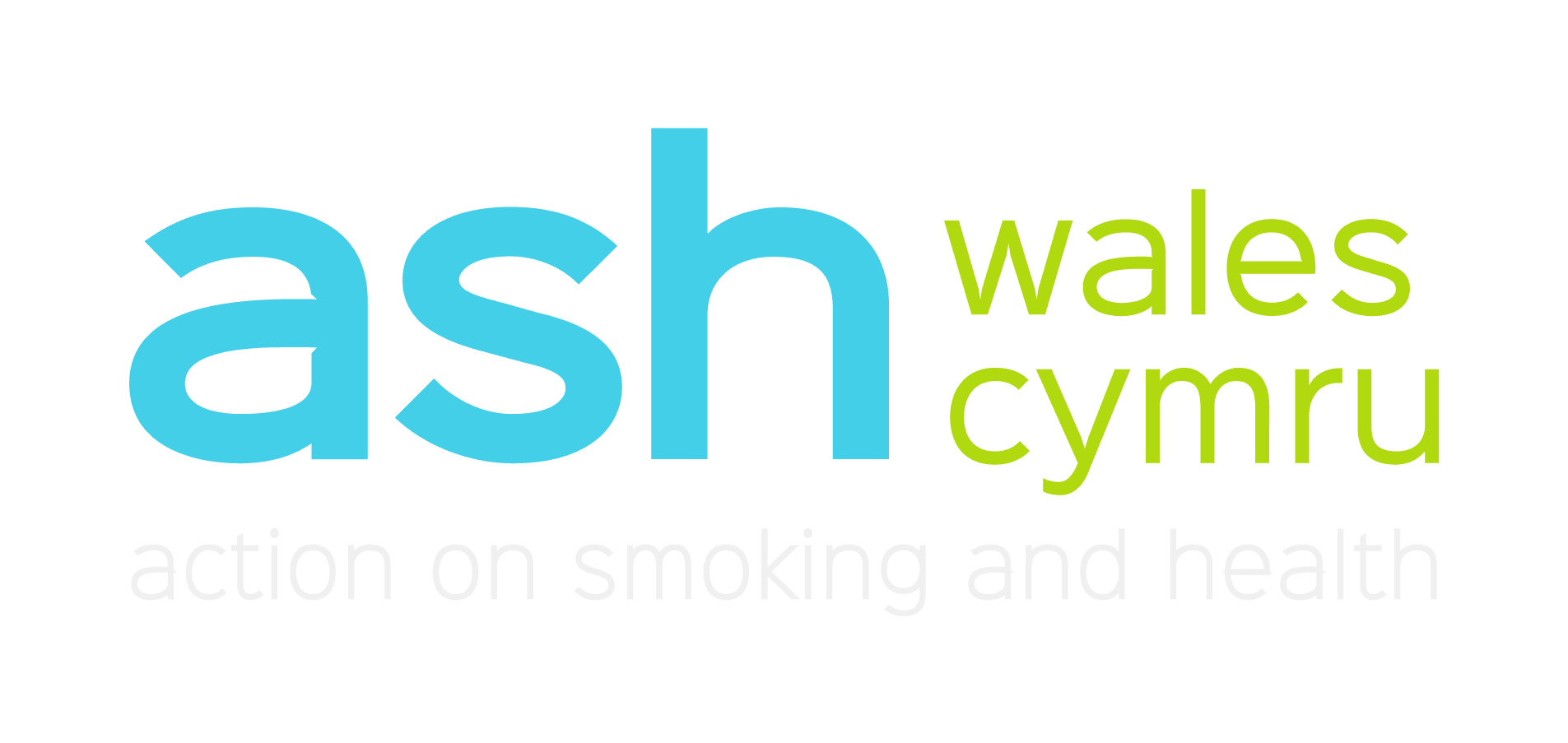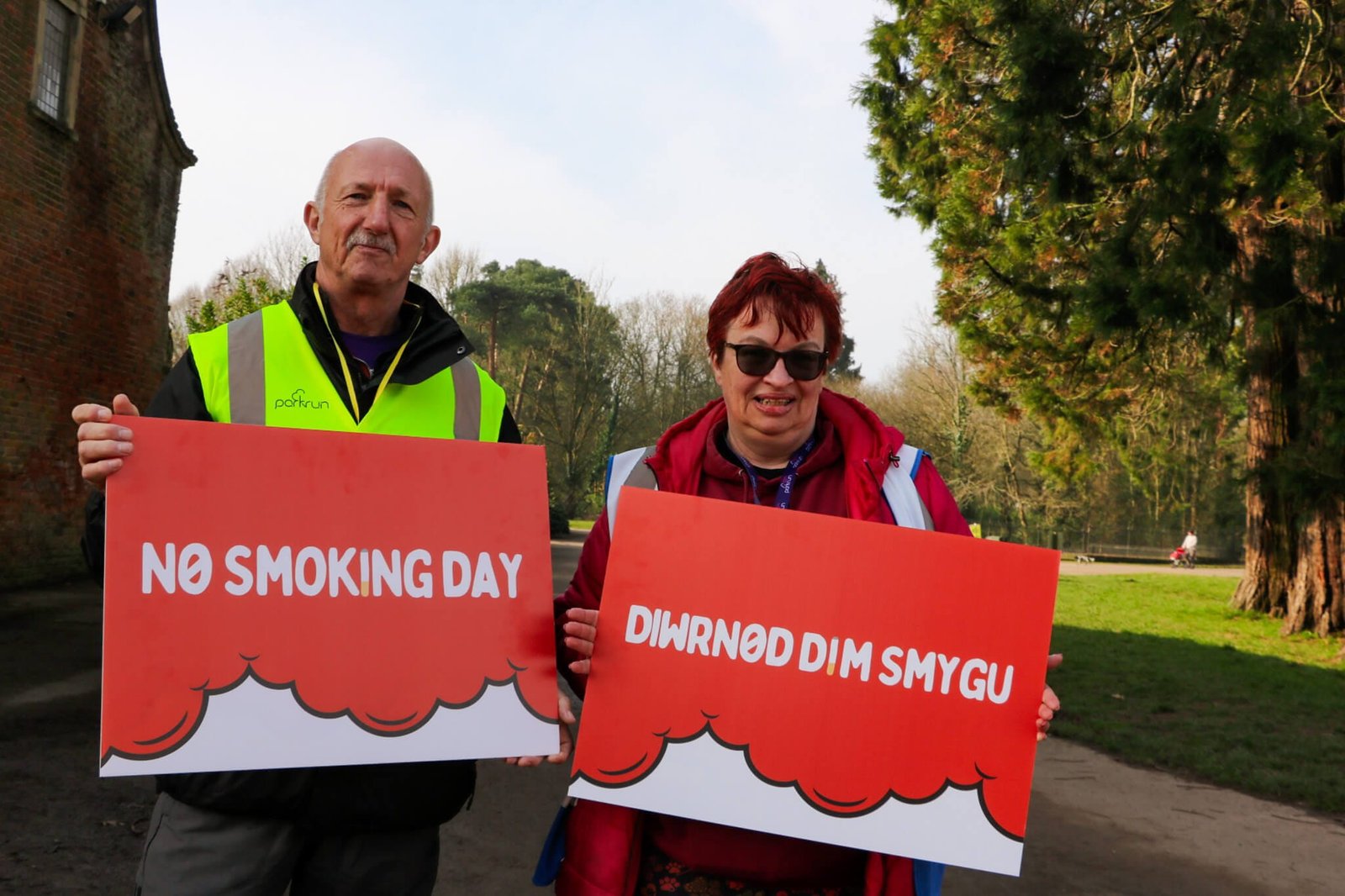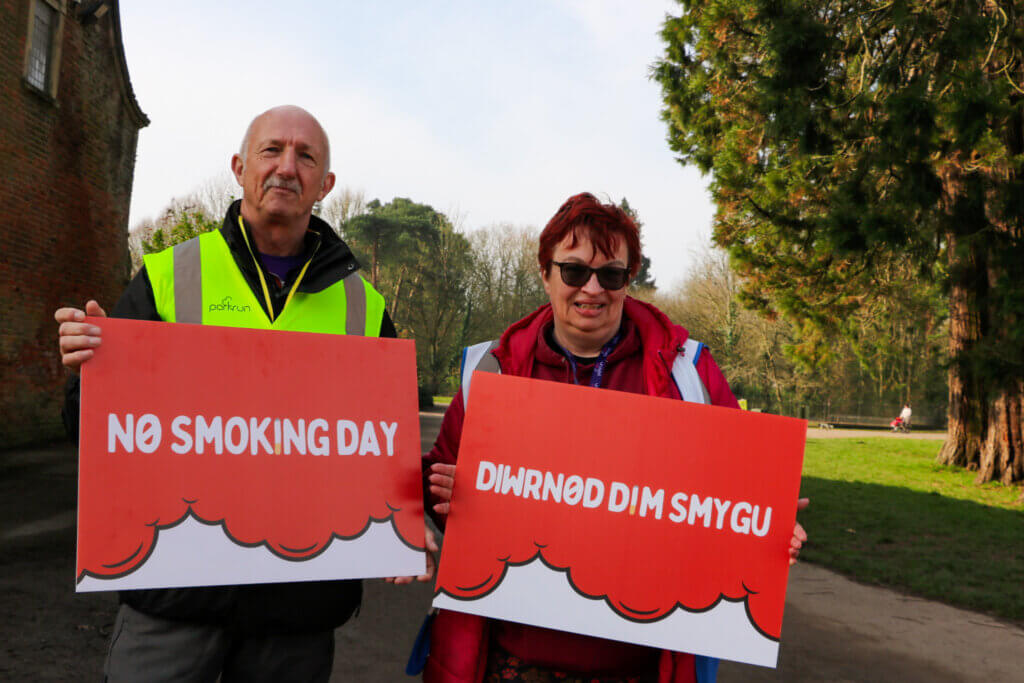 To help smokers quit during Stoptober we asked stop smoking experts for their top tips on how to give up
To help smokers quit during Stoptober we asked stop smoking experts for their top tips on how to give up
John Dicey is Global CEO & Senior Therapist for Allen Carr’s Easyway stop smoking method. After quitting smoking, having smoked 80 cigarettes a day, John Dicey was inspired to help others do the same. He was trained by the late Allen Carr in 1998 and went on to treat more than 30,000 smokers face to face. John and Allen worked with smokers in 50 countries and worked on a series of books together which have sold 15 million copies worldwide. He revealed what inspires him to help smokers and his advice on how best to kick the habit.
What are the biggest challenges smokers face when trying to quit the habit?
There are probably a few – most of which fall into the category of ‘misinformation’. As a smoker I tried to quit smoking so many times but never succeeded in doing so for more than a few hours. Yet even for those few hours it felt like absolute torture. It never occurred to me that as long as I got my mindset right it could actually be easy and painless. Those experiences feed into the misinformation about how hard it is to quit and how you have to ‘tough it out’ on willpower alone.
“Actually, one of the challenges is understanding that we don’t smoke because of the habit – habits are easy to break – we smoke because we’re addicted to nicotine. The real challenge then is to understand how in spite of it being an addiction – it is still easy to break free.”
Is there anything they should do to prepare themselves before giving up?
Choosing the right support is really important. When people use Allen Carr’s Easyway method it’s important not to attempt to cut down or control your smoking before quitting. Cutting down just makes cigarettes seem more precious – so our advice is always to carry on smoking as normal until you stub out your final cigarettes. Advice differs for other methods – so my #1 advice would be to follow the instructions of whatever method you use.
What in your opinion is the best method for giving up smoking?
Well, I’m clearly biased because I know that Allen Carr’s Easyway to Stop Smoking is the best method and even before I became involved with Allen Carr I’d always recommend it to my friends and colleagues. Generally though – it’s always reassuring to listen to what worked for other people – and there are other methods that people can choose.
Is it best to give up gradually or to stop straightaway?
It’s really important that you follow the instructions and guidance for whatever method you decide to use. Cutting down can make it harder to quit. It’s akin to when you go on a diet – within minutes you’re dying for the cake and biscuits you’ve just committed to not having. With the Allen Carr method we actually encourage smokers to keep smoking throughout the seminar/book until they’re happy to stub out their final cigarette. It helps us to cover every aspect of smoking before they decide if they’re ready or not.
What tips do you have for those quitting smoking on how to control their cravings?
Cravings are physical feelings – but it’s important to remember that they are generated by a thought process. If when you quit you think “I want a cigarette” knowing that you can’t have one – you feel miserable, uptight, anxious, and angry. It’s a horrible feeling. The longer you resist the urge to smoke – the worse the feeling gets. But if you stop smoking realising that you’re getting rid of something, rather than giving it up, you don’t have to put up with that “I want a cigarette” thought and physical reaction. It doesn’t take any willpower to “not do” something that you don’t want to do.
How can those quitting smoking best cope with withdrawal symptoms?
The actual physical withdrawal pangs from nicotine are really mild – almost imperceptible – it’s the physical reaction to the mental craving that causes all of the discomfort. As long as your mindset is right – withdrawal really shouldn’t bother you. I went from 80 cigarettes a day to zero and barely noticed any withdrawal at all.
How quickly will smokers realise the benefits of a smoke-free life?
“Wow – it happens really quickly. Within 24 hours of quitting smoking you’re half as likely to suffer a heart attack. Noticing the changes can take time so it’s best not to wait for them to happen. Yet all of a sudden the steps at the railway station don’t seem to wind you so much and for super-fit smokers athletic performance is noticeably improved within days. The greatest effect of being free is noticeable immediately. Not being controlled by the addiction is wonderful from the start – choosing when to go for a break rather than being obliged to go for a break because you’re desperate for a cigarette. You notice so many differences in that regard that it only then dawns on you exactly how controlled by the drug you were”
 To help smokers quit during Stoptober we asked stop smoking experts for their top tips on how to give up
John Dicey is Global CEO & Senior Therapist for Allen Carr’s Easyway stop smoking method. After quitting smoking, having smoked 80 cigarettes a day, John Dicey was inspired to help others do the same. He was trained by the late Allen Carr in 1998 and went on to treat more than 30,000 smokers face to face. John and Allen worked with smokers in 50 countries and worked on a series of books together which have sold 15 million copies worldwide. He revealed what inspires him to help smokers and his advice on how best to kick the habit.
To help smokers quit during Stoptober we asked stop smoking experts for their top tips on how to give up
John Dicey is Global CEO & Senior Therapist for Allen Carr’s Easyway stop smoking method. After quitting smoking, having smoked 80 cigarettes a day, John Dicey was inspired to help others do the same. He was trained by the late Allen Carr in 1998 and went on to treat more than 30,000 smokers face to face. John and Allen worked with smokers in 50 countries and worked on a series of books together which have sold 15 million copies worldwide. He revealed what inspires him to help smokers and his advice on how best to kick the habit.









